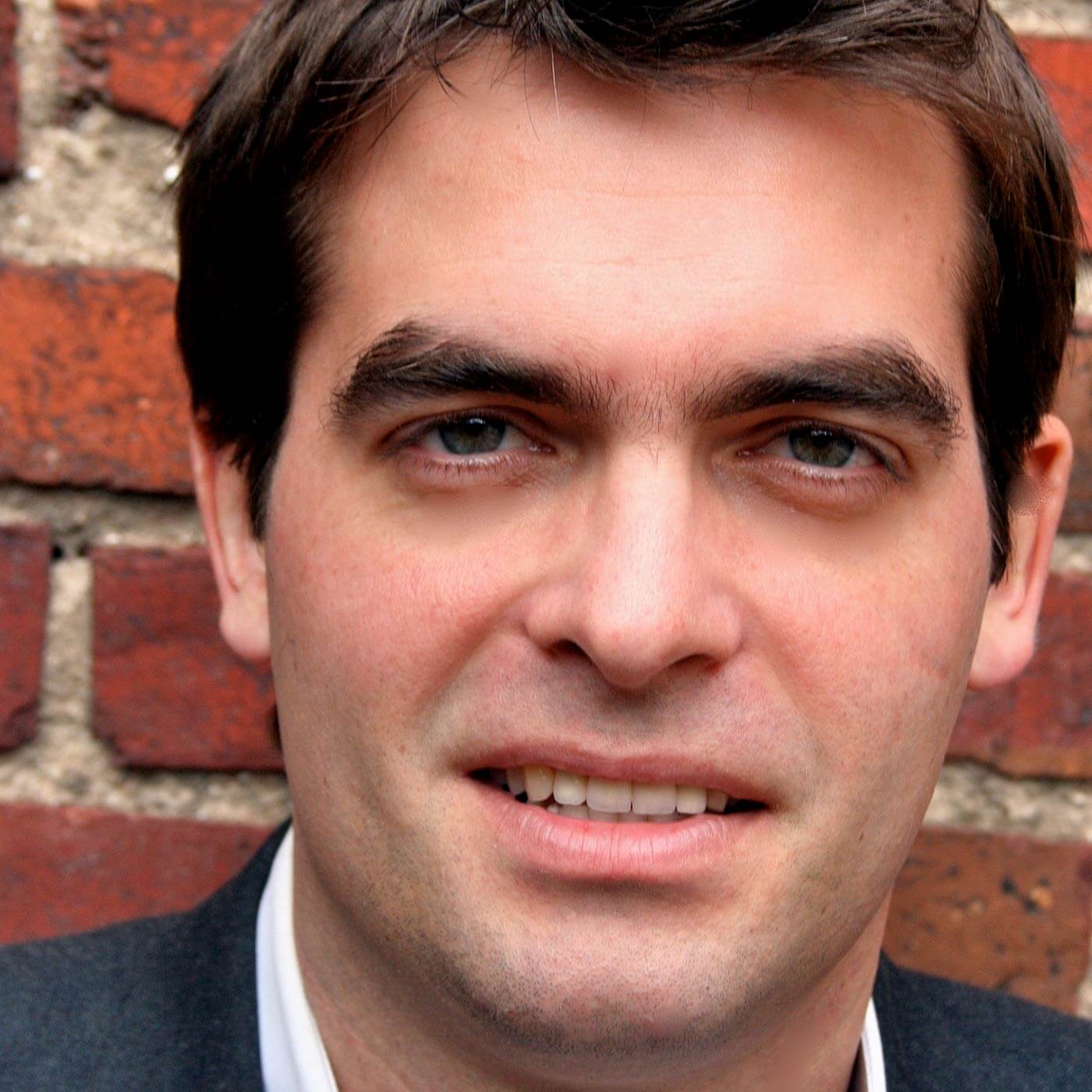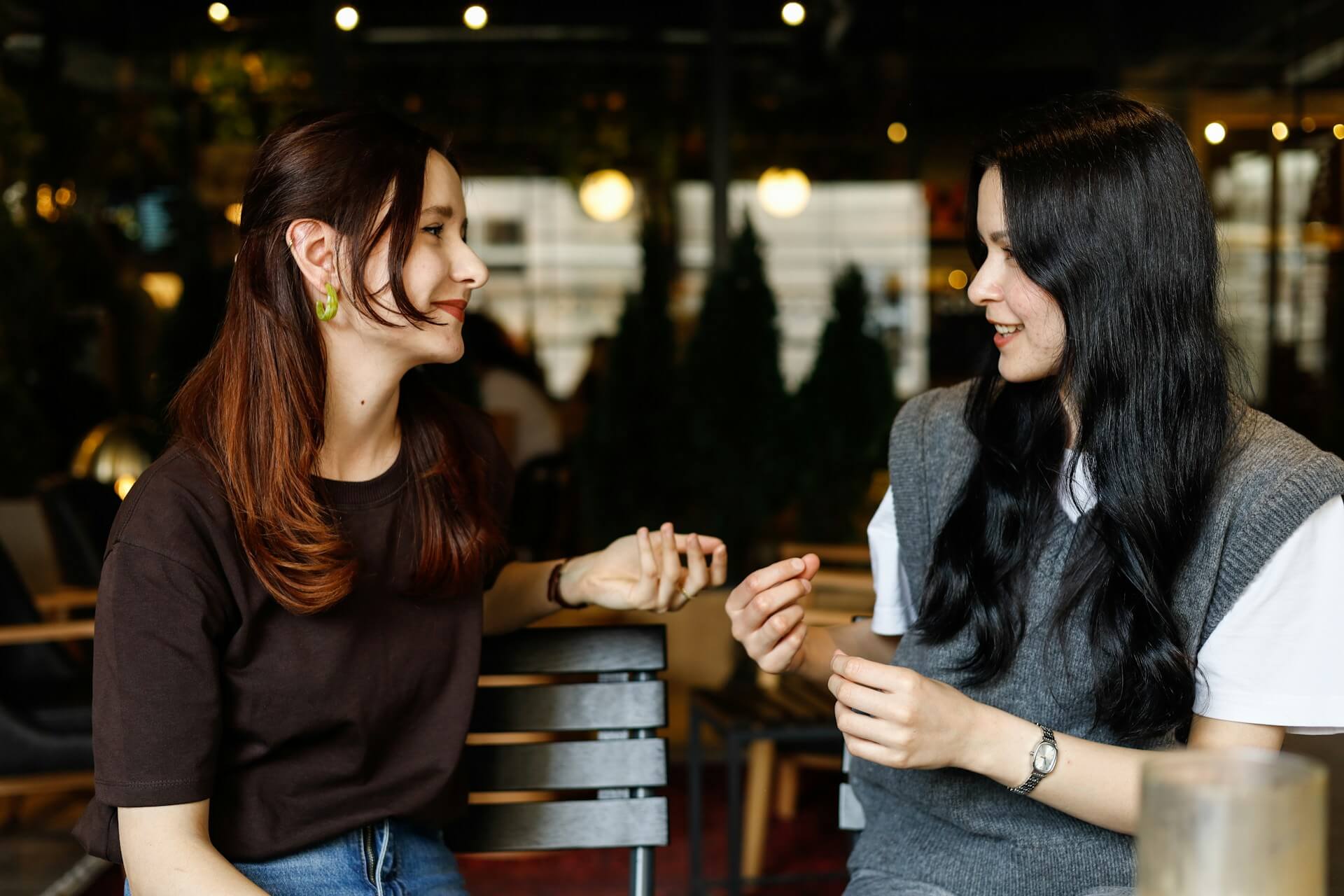Ulrich Boser (@ulrichboser) is a senior fellow at the Center for American Progress and the author of Learn Better: Mastering the Skills for Success in Life, Business, and School, or, How to Become an Expert in Just about Anything.
The Cheat Sheet:
- What’s the number one misconception about learning?
- What’s the thing that most people forget about learning?
- Learn the one trick that makes everyone learn better.
- Understand how learning ties in with our emotions.
- What is the single most underrated learning strategy?
- And so much more…
[aoc-subscribe]
Download Episode Worksheet Here
Lots of smart kids (and adults) aren’t great at school or learning in general. And while it’s easy to blame the teacher, we should really be examining the one-size-fits-all way we’re taught to learn and separate the wheat from the chaff.
Learn Better: Mastering the Skills for Success in Life, Business, and School, or, How to Become an Expert in Just about Anything author Ulrich Boser joined us for episode 680 to help us shed some of our least effective study habits and replace them with techniques that actually work.
More About This Show
Experts call ‘learning to learn’ the ultimate modern survival tool, because if we can quickly develop new expertise, we are far more effective at home and at work. Why, then, is so much of the conventional wisdom about learning wrong?
For instance, there’s little evidence for learning styles — the idea that some people are visual learners and some people are auditory learners. Yet it prevails among many in academic circles who should really know better.
“There’s no research for it,” says Ulrich Boser, author of Learn Better: Mastering the Skills for Success in Life, Business, and School, or, How to Become an Expert in Just about Anything. “But even if you think about it a little bit, let’s say you want to get better at soccer. You’re not going to just listen to podcasts the whole time. You realize that you’re going to have to go out and play soccer. Maybe a podcast once or twice is going to help you a little bit about sensing the game, but what ultimately makes a bigger difference is the material itself and how it gets communicated to you.”
Highlighting has also been shown to be an ineffective learning strategy. Same with rereading.
“I think it’s one of those things that makes you feel comfortable, like you’ve got a system,” says Ulrich, “but when it comes down to really learning, it isn’t that effective.”
“The thing about things that are effective — like talking to yourself — is that they seem kind of weird and awkward. You don’t want to be the person who is talking to yourself in the law school study group! People are just going to think that you’re weird.”
In law school, Jordan was good at convincing fellow students to read case books, digest the information from them, and explain it all to him in their words. “And that’s how they would learn — or at least that’s how I convinced them they would learn for the exams,” says Jordan.
Turns out he wasn’t entirely wrong.
“What’s interesting here is that you came across these fundamental ideas on your own that researchers have been showing for a while,” says Ulrich. “The bigger thing when we step back that’s important to underscore here is that we often have this view that our brain is like a computer. Data comes at us and it’s there on the page of your law school book or in your Google Docs. And then you know it. It’s just instant transfer. Really, instead, your brain needs to struggle with the material, make sense of it, connect it to other things, create little hooks so it stays in your brain.”
“The reason that highlighting doesn’t work is that it’s a very passive thing. I’m sure many of us has had this experience where you’re reading and highlighting and then you get to the edge of the page and you’re like, ‘I really don’t know what I just read.’ But something like teaching someone else or going out on a show and debating it? Those things are actually effective because you have to sit and pause and kind of make sense of it; see if the argument holds for you. See if you can argue it with someone else. That’s really at the root of learning.”
Ulrich also says an experience like appearing on this podcast helps him retain what he knows and brush up on what might be rusty.
“Being on a show like this, weirdly, is an effective way to learn. I have to think about how are you thinking about this, how am I going to explain it to you, where’s Jordan going to have some misunderstandings, where the two of us might not have a common understanding, so I need to make sure to explain it.”
“These more active forms of learning, they’re more effective. The problem is that so many of us want the easy way out. We want it to be passive.”
Ulrich was frustrated when he recently found himself trying to remember a speech he had to give by rereading it.
“I wrote this whole book arguing for more active forms of learning, and there I am preparing for a speech and using a really passive way of learning! I’d be far better off if I just threw my notes away and stood in the room by myself and made myself engage in really just giving that speech. Pushing myself to generate it from the nooks and crannies of my skull!”
Listen to this episode in its entirety to learn more about other ways to ensure you’re being active rather than passive with the information you’re trying to retain and process, how Ulrich became obsessed with education since being diagnosed with auditory processing disorder as a fourth grader, why almost all of us have the capacity to boost our default level of brain power, how we learn from being wrong, why Ulrich considers comparing and contrasting the most underrated learning strategy, how we can use metacognition to learn better, why it’s important to give ourselves time to forget what we think we’ve learned, and lots more.
THANKS, ULRICH BOSER!
If you enjoyed this session with Ulrich Boser, let him know by clicking on the link below and sending him a quick shout out at Twitter:
Click here to thank Ulrich Boser at Twitter!
Resources from This Episode:
- Learn Better: Mastering the Skills for Success in Life, Business, and School, or, How to Become an Expert in Just about Anything by Ulrich Boser
- Center for American Progress
- Ulrich Boser’s website
- Ulrich Boser at Facebook
- Ulrich Boser at Twitter
You’ll Also Like:
- The Art of Charm Challenge (click here or text AOC to 38470 in the US)
- The Art of Charm Bootcamps
- Elite Human Dynamics
- Best of The Art of Charm Podcast
- The Art of Charm Toolbox
- The Art of Charm Toolbox for Women
- Find out more about the team who makes The Art of Charm podcast here!
- Follow The Art of Charm on social media: Instagram | Twitter | Facebook
On your phone? Click here to write us a well-deserved iTunes review and help us outrank the riffraff!




